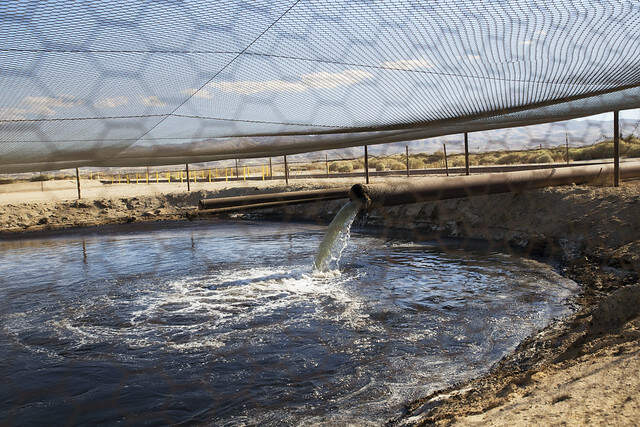
On January 15th, just days before the change in Administration, the regional (Dallas) office of the US Environmental Protection Agency announced it had approved Texas’s application to take over wastewater discharge permitting for oil and gas wastes. The announcement came in the form of a press release that was placed on both EPA’s and the Texas Commission on Environmental Quality’s website. By the next week, TCEQ announced they were open for business and could begin meeting with oil and gas companies anxious to discharge their “produced” wastewater, or effluent from gas processing plants, or hydrostatic pressure testing wastewater from pipelines.
While the news was not particularly surprising given the EPA’s announcement back in November that they had determined the application to be complete, the timing was suspect, as was the fact that has of the end of January, there still was not an official publication of the approval in the Federal Register, or any response to comments -- including those from the Sierra Club and many other organizations which raised serious concerns about the idea of the TCEQ taking over a new program. Of particular concern is the idea that TCEQ could authorize direct discharge of produced wastewater into Texas’s rivers and streams, since federal law allows such discharges west of the 98th meridian (basically anything west of San Antonio) with very limited standards.
Indeed, there seems to be an interest in Texas of exploring the idea of using large volumes of wastewater from the oil and gas industry as a water supply option despite the lack of standards or technology to remove the 100s of potential chemical contaminants found in such fracked wastewater. Indeed, the base budget introduced last week known as SB 1 -- the budget bill -- would include some money for Texas Tech University to study options on the use of such wastewater.
In the meantime, the Sierra Club has sent a memo up to top officials in the “new” EPA asking them to review the decision made by EPA officials in the waning days of the administration. We are also awaiting the response to comments.
We will also work to support legislation to add additional criteria and requirements such as disclosure of chemicals for those companies seeking discharge permits, and requirements for higher levels of treatment to avoid impairing our streams and rivers. While we are not opposed to studying the issue further through research or a consortium, a rush to discharge wastewater into rivers and streams by TCEQ would be a race to the bottom that would impact water quality and communities that rely on water from rivers and streams.